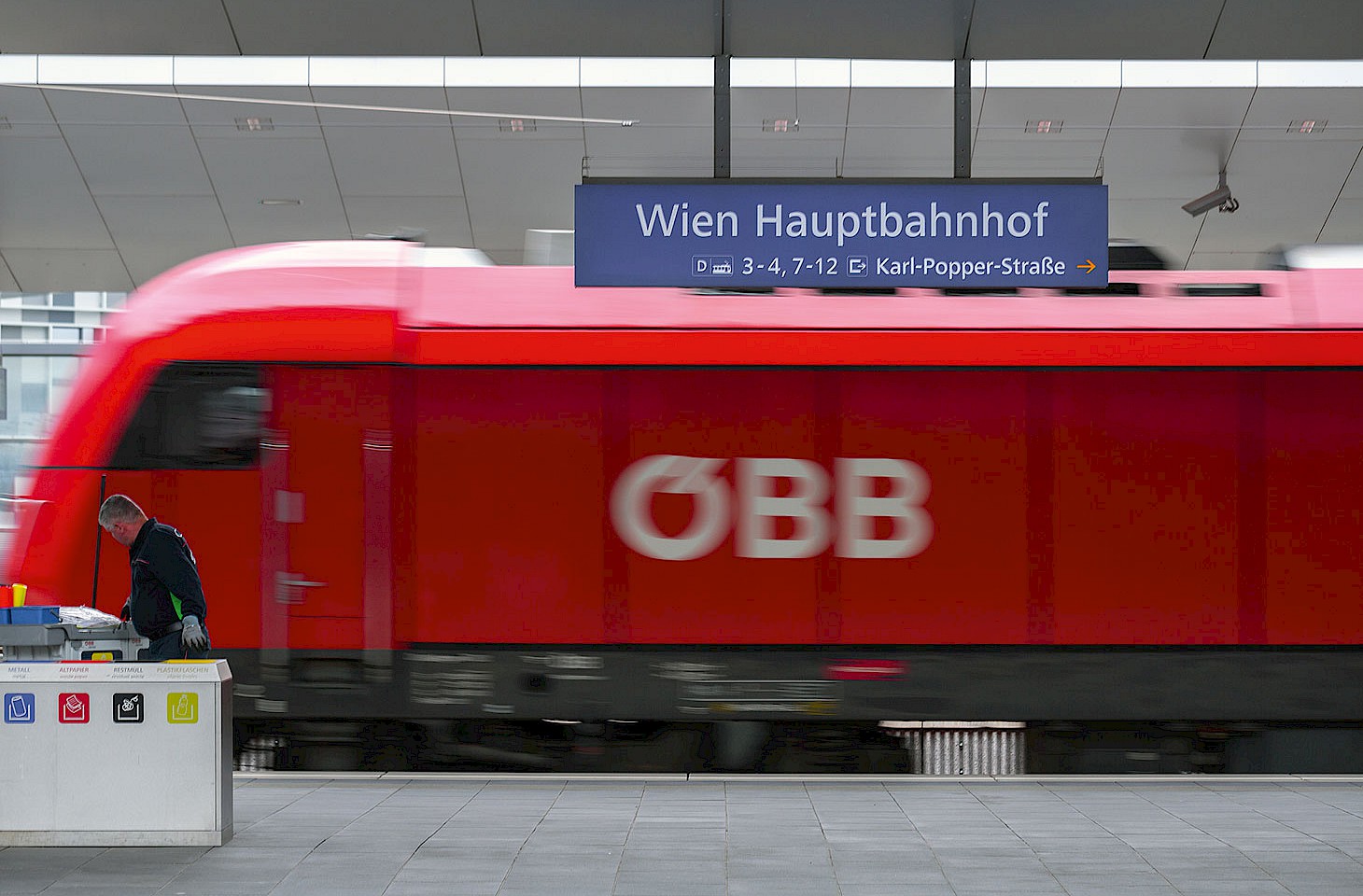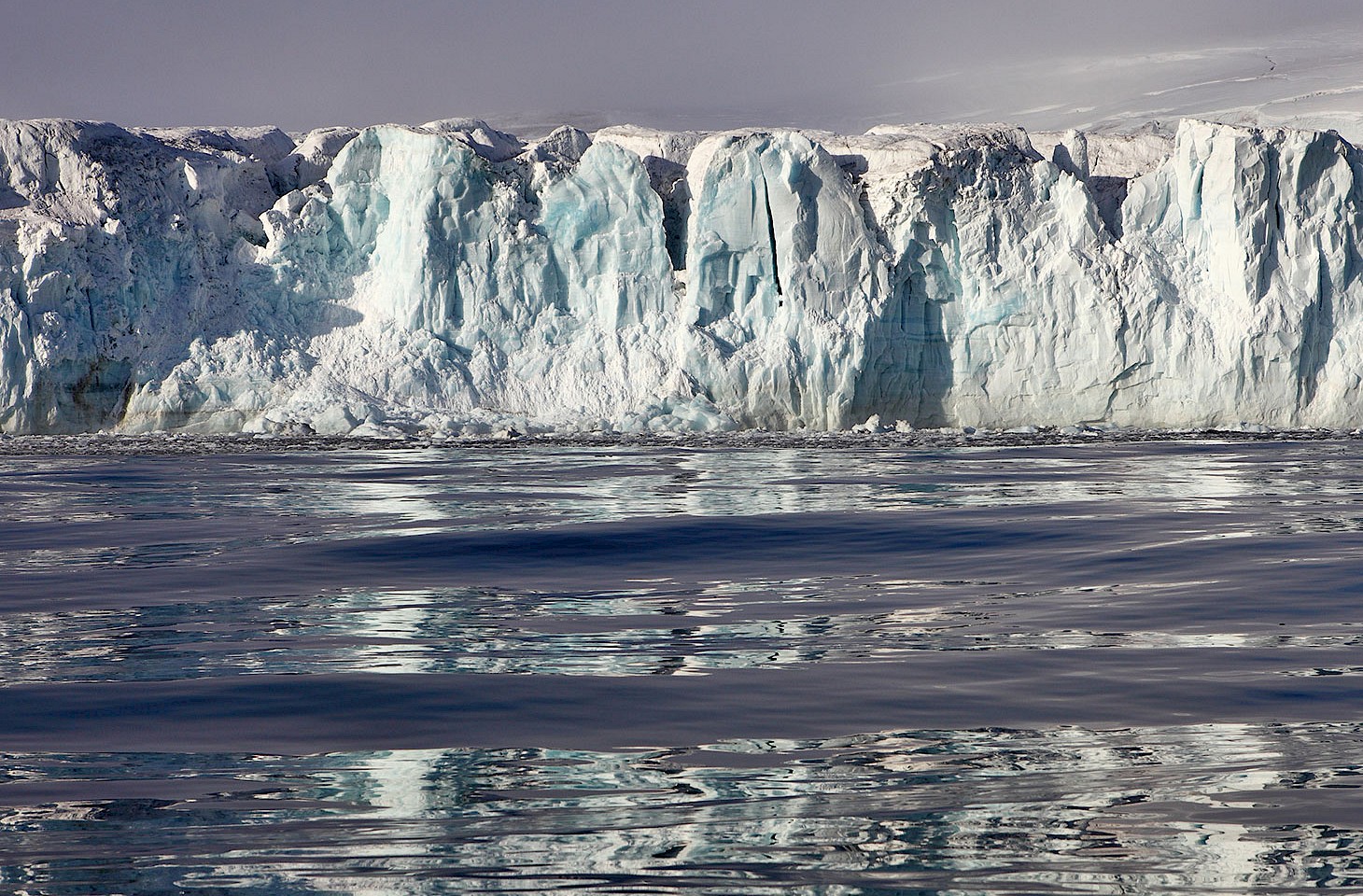Dear fellow travellers
Do you know the writing of Alain de Botton? Marvellous stuff, for the man has a knack of managing to write perceptively and engagingly about almost anything. There is probably no topic on the planet on which de Botton could not come up with a refreshing few pages. Take Botton on journeys as the midwives of thought (from his book The Art of Travel):
"There is an almost quaint correlation between what is before our eyes and the thoughts we are able to have in our heads: large thoughts at times requiring large views, and new thoughts, new places. Introspective reflections that might otherwise be liable to stall are helped along by the flow of the landscape."
Some of our most productive moments are while we are travelling. And Botton is surely right. A slow train that meanders around forests and lakes of Pomerania, stopping off at tiny wayside halts every few minutes, breeds a quite different set of musings from a sleek express that slices through the countryside at two hundred kilometres an hour. Somehow creativity, for us at least, is spurred by the slow train, one that dawdles along and still allows passengers to maintain some connection with the passing landscape. Just as an overnight train, one that rattles through suburbs in the wee small hours, breeds a quite different form of contemplation.
You can read more about the merits of the slow train in the January 2008 issue of hidden europe, in which we highlight some of our favourite secondary rail routes across Europe. Not quite the ones that leave you stranded at some desolate railway junction as dusk falls, but good alternatives to the main lines.
across Siberia (by slow train)
Of course, there are limits to our appetite for slow travel. Two or three days wandering at leisure on slow trains is wonderful. Too much more, and for us at least, the attraction palls. So we were interested to stumble upon a Russian exponent of slow travel who promotes the idea of travelling all the way from Moscow to Vladivostok by slow train. Not by the expresses that take a week, but by slow train (known as an elektrichka in Russia). It takes twenty-seven days!
The elektrichka is a Russian institution, a no-frills train service that has given mobility to millions. Wooden seats, lots of local flavour, often grimy, always cheap and frequent stops along the way. They are trains designed for short hops, not for traversing a continent. But it really is feasible to travel from Moscow along the entire Trans-Siberian route by elektrichka. Of course, you will need to change trains along the way. Fifty nine times in fact! And that itinerary does not allow for comfortable overnight stops. On the contrary, if you want to be done within four weeks then it is really a question pressing on eastward with the first available train. There are some horrid connections in this slow travel marathon. Arriving at Novosibirsk's cavernous main railway station at 9 pm and waiting six hours for the next onward eastbound elektrichka would surely be no fun. Anyway, we would love to hear from anyone who has attempted and survived this extraordinary travel feat. Just for the record, the average speed of travel for the entire journey is about fifteen kilometres per hour. For the full schedule detailing the sixty stages of the journey (in Cyrillic script!) click here.



